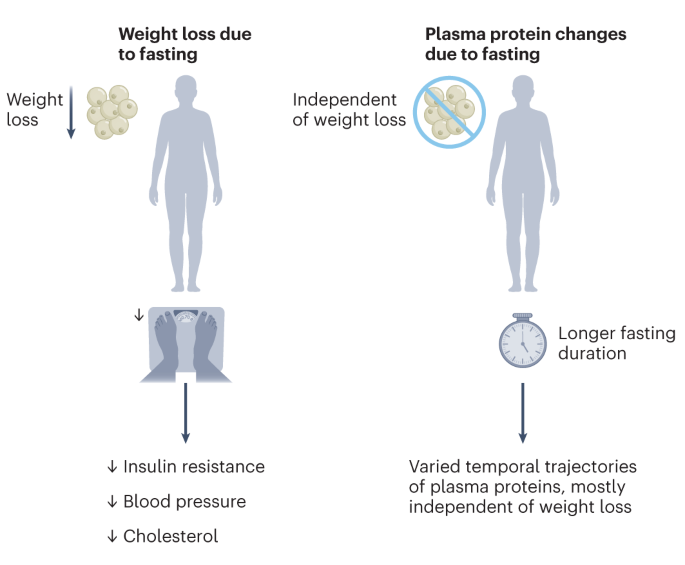36-Hour Fasting Induces Significant Metabolic Shifts, Including Four-Fold Ketone Increase

Individuals exploring health and wellness practices are increasingly turning to prolonged fasting, with a 36-hour regimen gaining particular attention for its reported physiological benefits. This practice, rooted in ancient traditions and now supported by emerging scientific research, involves abstaining from caloric intake for a day and a half, prompting the body to undergo distinct metabolic changes. As stated by Mike Netter in a recent social media post, "For thousands of years, fasting has been a human tradition," noting its historical use for mental clarity, digestive reset, and purification across various cultures.
During a 36-hour fast, the body transitions through several metabolic phases. Initially, in the first 12 hours, the body primarily burns stored glucose, leading to a drop in insulin levels. Between 12 and 18 hours, growth hormone levels spike, and fat burning accelerates as the body begins to utilize its fat reserves for energy. Notably, research indicates that after 18 to 24 hours, cellular autophagy commences, a crucial process where cells clear out damaged components and recycle old proteins, leading to a "cleaner" bodily function. Beyond 24 hours, ketosis takes over, with the brain increasingly running on ketones, which can lead to reduced inflammation and enhanced focus, as detailed in Netter's tweet. A study published in PMC NCBI further highlights that a 36-hour water-only fast vastly remodels the plasma lipidome, with a significant four-fold increase in the ketone body ß-hydroxybutyrate (BHB) observed compared to a 12-hour fast.
Proponents suggest a range of health benefits, including improved insulin sensitivity, enhanced brain function, and better cardiovascular health. Johns Hopkins neuroscientist Mark Mattson, who has studied intermittent fasting for decades, explains that this "metabolic switching" can protect organs against chronic diseases like type 2 diabetes and heart disease. However, experts like Adam Collins, Associate Professor of Nutrition at the University of Surrey, caution that while fasting can promote "metabolic flexibility" and autophagy, many claims regarding longevity and dramatic human health benefits are still largely based on animal studies.
The tweet questions why such practices are not widely promoted within the conventional "healthcare" system, suggesting a lack of profit motive, insufficient training for doctors in nutrition, and liability fears. While some modern clinics, such as Buchinger Wilhelmi in Germany, have utilized supervised fasting for over a century, medical professionals emphasize the importance of caution. Johns Hopkins Medicine advises that longer fasting periods, such as 36 hours, "may be dangerous" for some individuals and could potentially encourage the body to store more fat in response to perceived starvation.
It is crucial to approach prolonged fasting safely and under medical guidance. As Dr. Jason Fung is quoted in the tweet, "Fasting is not starvation. It’s the flip side of eating. Healing happens in the fasted state." However, health experts universally recommend consulting a healthcare professional before embarking on any fasting regimen, especially for individuals with underlying health conditions, pregnant or breastfeeding women, or those with a history of eating disorders. As Professor Naveed Sattar of the University of Glasgow warns, "If people do decide to take [fasting] up, they must try not to compensate by binge-eating the rest of the week."